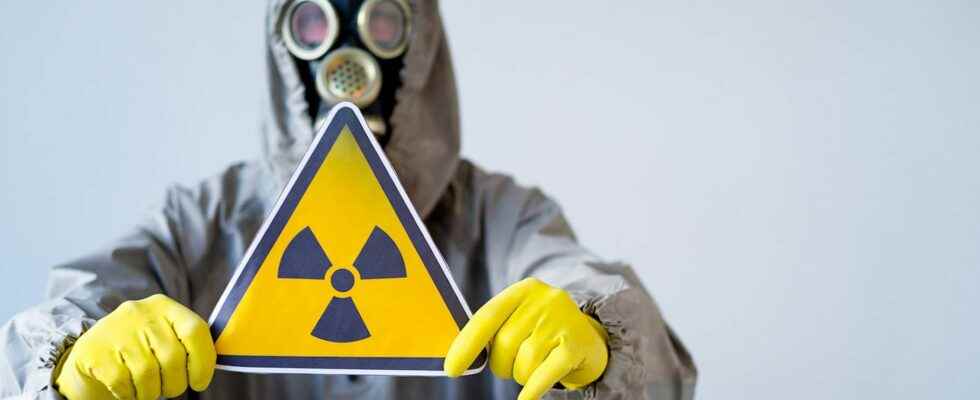On nuclear sites more than elsewhere, everything is done to prevent an accident from occurring. However, zero risk does not exist. And given the risks involved, it is better to be prepared for this eventuality.
You will also be interested
[EN VIDÉO] Fukushima: History of a Nuclear Disaster On March 11, 2011, a magnitude 9 earthquake occurred in Japan, resulting in the formation of a tsunami that ravaged hundreds of kilometers of coastline and flooded the Fukushima Daiishi nuclear power plant.
People who live or work in the risk zone of an industrial installation must be informed of the behavior to adopt in the event of an alert. This is, of course, also the case when it comes to a nuclear installation — whether it is a nuclear planta place of storage of combustible or transportation of radioactive substances. And as the alert is given by the same sound of siren whatever theaccident, the first thing to do is to take shelter in a building. To find out more about the nature of the risk incurred and whether it is related to the radioactivityyour only solution is to inform yourself with the authorities through the radiostelevisions or other internet sites.
To protect the population from the risk of contaminationit may then happen that the prefect gives instructions to take iodine tablets. To hope for maximum efficiency, the instruction must be followed immediately. Within ten kilometers around a nuclear plant, preventive distributions are organized for this purpose. Objective: to protect the thyroid by ingestingiodine stable in order to prevent radioactive iodine from the accident from sticking to it. Because inhaled or swallowed, radioactive iodine increases the risk of thyroid cancer. Note that the benefit of taking stable iodine for pets is not proven. It is therefore useless to share your tablets with Médor and even less without the prior opinion of your veterinarian. Just remember to take it to safety with you.
Evacuate after a serious accident
In the event that an evacuation order is given, be aware that the authorities have instructions to allow you to take your pets with you, as long as it is not carries no threat to your security. The evacuation order can be given if the accident turns out to be serious. To find out, once again, it is advisable to keep yourself informed of the evolution of the situation. With the prefect’s instructions, the meeting places and all the useful recommendations will also be specified.
It is only after the evacuation that the public authorities will take care of the people likely to have been exposed to radioactive discharges. They will undergo the medical examinations necessary to determine the dose received and will then receive appropriate care. For this, of course, you must make sure you report to a reception center or your town hall.
Interested in what you just read?
